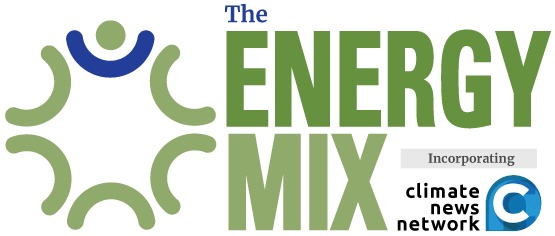Philanthropies Add $76M in New Funding for Climate Action
The pool of philanthropic funds available for climate-related causes in Canada gained $76 million this week, after the Brian and Joannah Lawson Family Foundation, Sarah Abell, and Consecon Foundation announced contributions to the Climate Champions program coordinated by the Clean Economy Fund.
The Earth Day announcement comes less than six months after nine charities and wealthy families agreed to invest $405 million over the next decade, much of it to reach the “hearts and minds” of Canadians, in the country’s largest philanthropic commitment on climate to date.
Most of the funds announced this week—$70 million—came from the Lawson Foundation, with $60 million of that total devoted to a new, multidisciplinary Lawson Climate Institute at the University of Toronto, the Globe and Mail reports. Abell and Consecon contributed $3 million each.
“People are ready to step up in a way that, to defend the climate progress that has been made in Canada and internationally over recent years, clearly states that progress needs to continue and philanthropy can help make that happen,” Clean Economy Fund Executive Director Eric Campbell told the Globe. With just 0.9% of Canadian charitable giving directed to climate initiatives, compared to 1.6% globally, “this is a shot in the arm,” Campbell added, “and it’s definitely accelerating our plans.”
When the original $405 million in gifts was announced in November, Campbell said the dollars would be devoted to climate change mitigation and spread across five priority areas:
Clean energy and electrification;
• Industrial sector transition;
• City-level approaches;
• People and democracy, with a focus on “low-income, Indigenous, and youth-centred activities”;
• Policy and finance.
“I see three pathways for philanthropy to achieve system-wide transformations: policy, finance, and culture,” Campbell told The Energy Mix in an email last fall. “Culture-focused initiatives are those that build the popular demand, i.e. buy-in, for these transformations.” So “there is a balance to be struck, and strategically-targeted philanthropy can help strike it.”
At the time, two other environmental philanthropy leaders spotlighted the cultural dimensions of the work. “We’re in a battle for the hearts and minds of Canadians, and that’s the battle that Donald Trump won [in last November’s U.S. election],” said Small Change Fund President Burkhard Mausberg. But “what’s fascinating about this for me is that these are some of the titans,” he said. “These folks who have come forward have a strong and long history as part of corporate Canada,” indicating more widespread concern about climate change.
“We can throw lots and lots more money at the problem,” said Environmental Funders Canada Executive Director Devika Shah. “What we need is far more people power, grassroot cultural change, and political activism and engagement to provide the political currency that is required—what gives any politician, even Donald Trump, the licence to do good things for climate.”
Cover photo: Durban, South Africa climate summit, 2011



